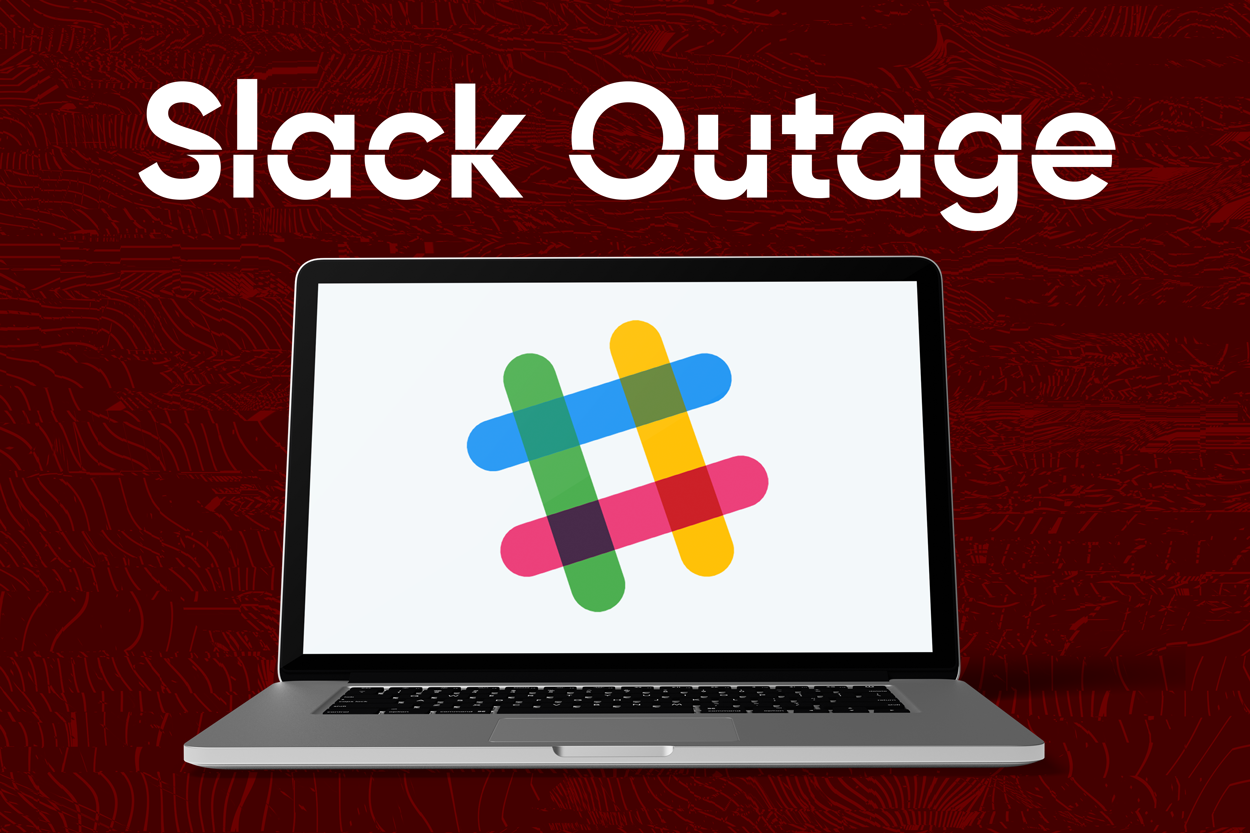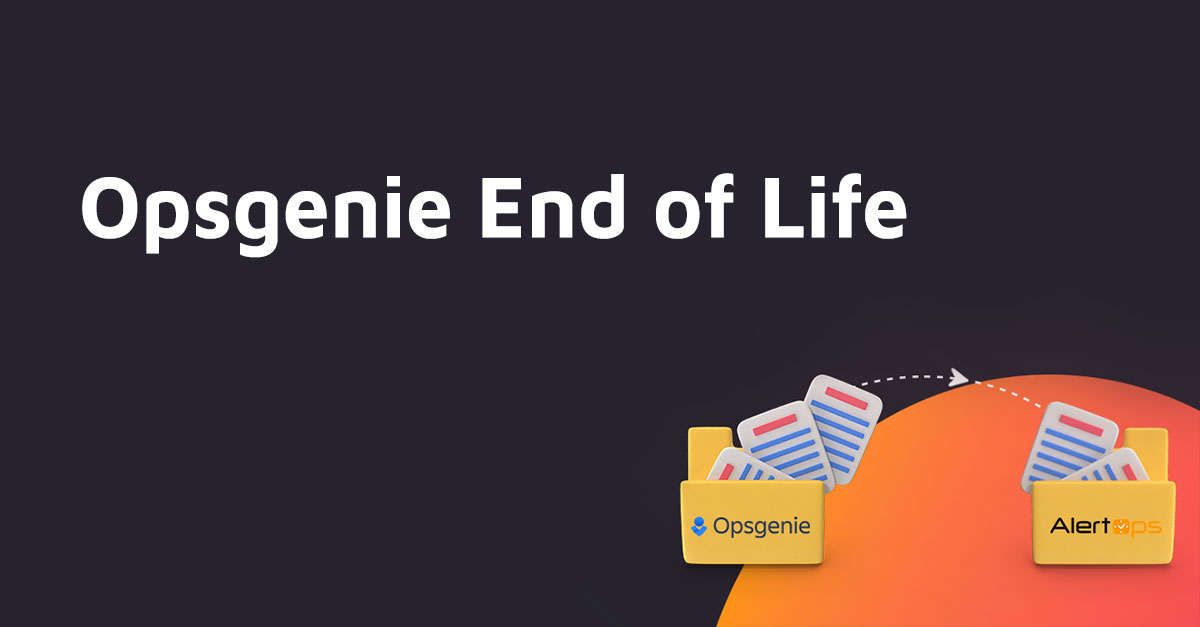Slack, a popular enterprise communications platform, faced a 5-hour system outage yesterday between 9:25 AM – 2:24 PM EST on February 22, 2022. Slack services affected included: messaging, search, link previews, apps/integrations/APIs, posts/files, workspace/org administration, login/SSO, notifications, connections, and calls.
AlertOps was NOT affected by this outage. While Slack was down, users were still able to receive alerts through AlertOps’ various multi-channel communication methods like SMS, phone, mobile app, and email can act as backup redundancies when your preferred communication platform (e.g. Teams, Slack, GChat, etc.) goes down.
Yesterday’s Slack outage exemplifies why having a major incident management tool like AlertOps is an ITIL best practice. We can’t control when one of our SaaS tools goes down. It can be extra distressing when something as critical as your company’s ChatOps tool goes down – leaving you and your team blind, isolated, and feeling helpless.
AlertOps provides organizations with advance policies that can handle the most complex team structures with enterprise scalability. AlertOps users affected by Slack’s outage yesterday would have had their major incident alerts auto-escalated through SMS and email after detecting no-response through Slack. AlertOps allows teams to rapidly assemble and resolve major incidents even when other critical tools fail, not letting that outage cascade to other systems.
When other systems fail, AlertOps has got your back.



